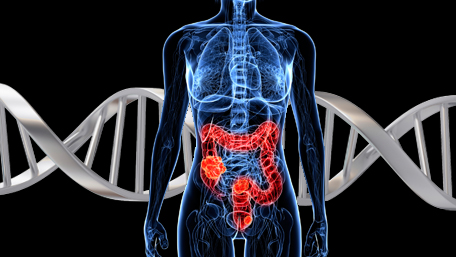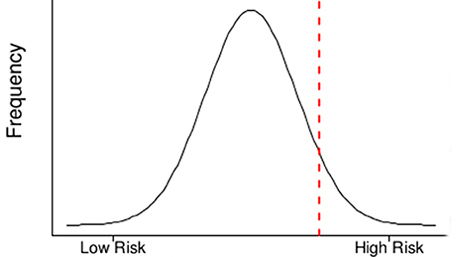
05/12/2020
Hot Topics of the Day are picked by experts to capture the latest information and publications on public health genomics and precision health for various diseases and health topics. Sources include published scientific literature, reviews, blogs and popular press articles.
Sign up MyPHGKB to receive the daily hot topic email alert.
Archived Hot Topics of the Day By Date
Ethics and governance for digital disease surveillance
MM Mello et al, Science, May 11, 2020
COVID-19 and Postinfection Immunity- Limited Evidence, Many Remaining Questions
RD Kircaldy et al, JAMA< May 11, 2020
Applying principles of behaviour change to reduce SARS-CoV-2 transmission
R West et al, Nature Human Behavior, May 2020
Reading the pandemic data
JM Zacks et al. Science blog, May 12, 2020
Interpreting a covid-19 test result
J Watson et al, BMJ, May 12, 2020
Deep learning models for COVID-19 infected area segmentation in CT images
A Voulodimous et al, MEDRXIV, May 11, 2020
Racial and Ethnic Disparities in Population Level Covid-19 Mortality
CP Gross et al, MEDRXIV, May 11, 2020
Mobility trends provide a leading indicator of changes in SARS-CoV-2 transmission
AC Miller et al, MEDRXIV, May 11, 2020
COVID-19 diagnosis prediction by symptoms of tested individuals: a machine learning approach
Y Zaobi et al, MEDRXIV, May 11, 2020
Social Distancing is Effective at Mitigating COVID-19 Transmission in the United States
H Badr et al, MEDRIV, May 11, 2020
Comparison of two Lynch screening strategies in endometrial cancer in a California health system.
Lentz Scott E et al. Gynecologic oncology 2020 May
Adequacy evaluation of the annual colonoscopic surveillance and individual difference of disease phenotypes in Lynch syndrome.
Taniguchi Fumitaka et al. Japanese journal of clinical oncology 2020 May
Understanding polygenic models, their development and the potential application of polygenic scores in healthcare.
Babb de Villiers Chantal et al. Journal of medical genetics 2020 May
Current Evidence on Computer-Aided Diagnosis of Celiac Disease: Systematic Review.
Molder Adriana et al. Frontiers in pharmacology 2020 11341
Being Precise About Precision Medicine: What Should Value Frameworks Incorporate to Address Precision Medicine? A Report of the Personalized Precision Medicine Special Interest Group.
Faulkner Eric et al. Value in health : the journal of the International Society for Pharmacoeconomics and Outcomes Research 2020 May 23(5) 529-539
Big Data and Atrial Fibrillation: Current Understanding and New Opportunities.
Wang Qian-Chen et al. Journal of cardiovascular translational research 2020 May
Artificial Intelligence techniques in Asthma:A systematic review and critical appraisal of the existing literature.
Exarchos Konstantinos P et al. The European respiratory journal 2020 May
Using genetics for social science
KP Harden et al, Nature Hum Behavior, May 11, 2020
Progress in refining the clinical management of cancer of unknown primary in the molecular era
E Rassy et al, Nature Rev Clin Oncology, April 2020
Immune-related adverse events of checkpoint inhibitors
MR Casals et al, Nature Rev did Primers
Disclaimer: Articles listed in Hot Topics of the Day are selected by Public Health Genomics Branch to provide current awareness of the scientific literature and news. Inclusion in the update does not necessarily represent the views of the Centers for Disease Control and Prevention nor does it imply endorsement of the article's methods or findings. CDC and DHHS assume no responsibility for the factual accuracy of the items presented. The selection, omission, or content of items does not imply any endorsement or other position taken by CDC or DHHS. Opinion, findings and conclusions expressed by the original authors of items included in the Clips, or persons quoted therein, are strictly their own and are in no way meant to represent the opinion or views of CDC or DHHS. References to publications, news sources, and non-CDC Websites are provided solely for informational purposes and do not imply endorsement by CDC or DHHS.
- Page last reviewed:Feb 1, 2024
- Content source:












